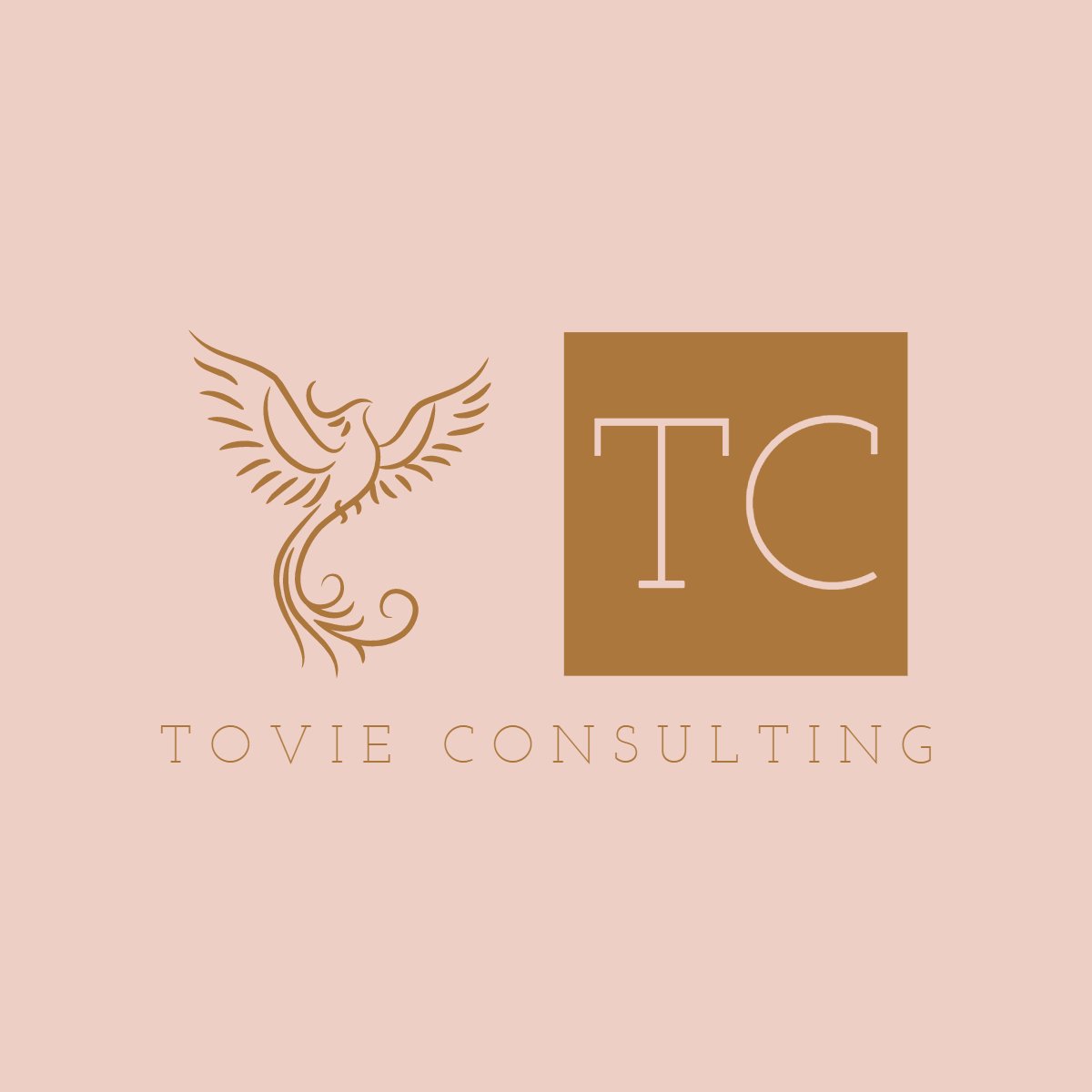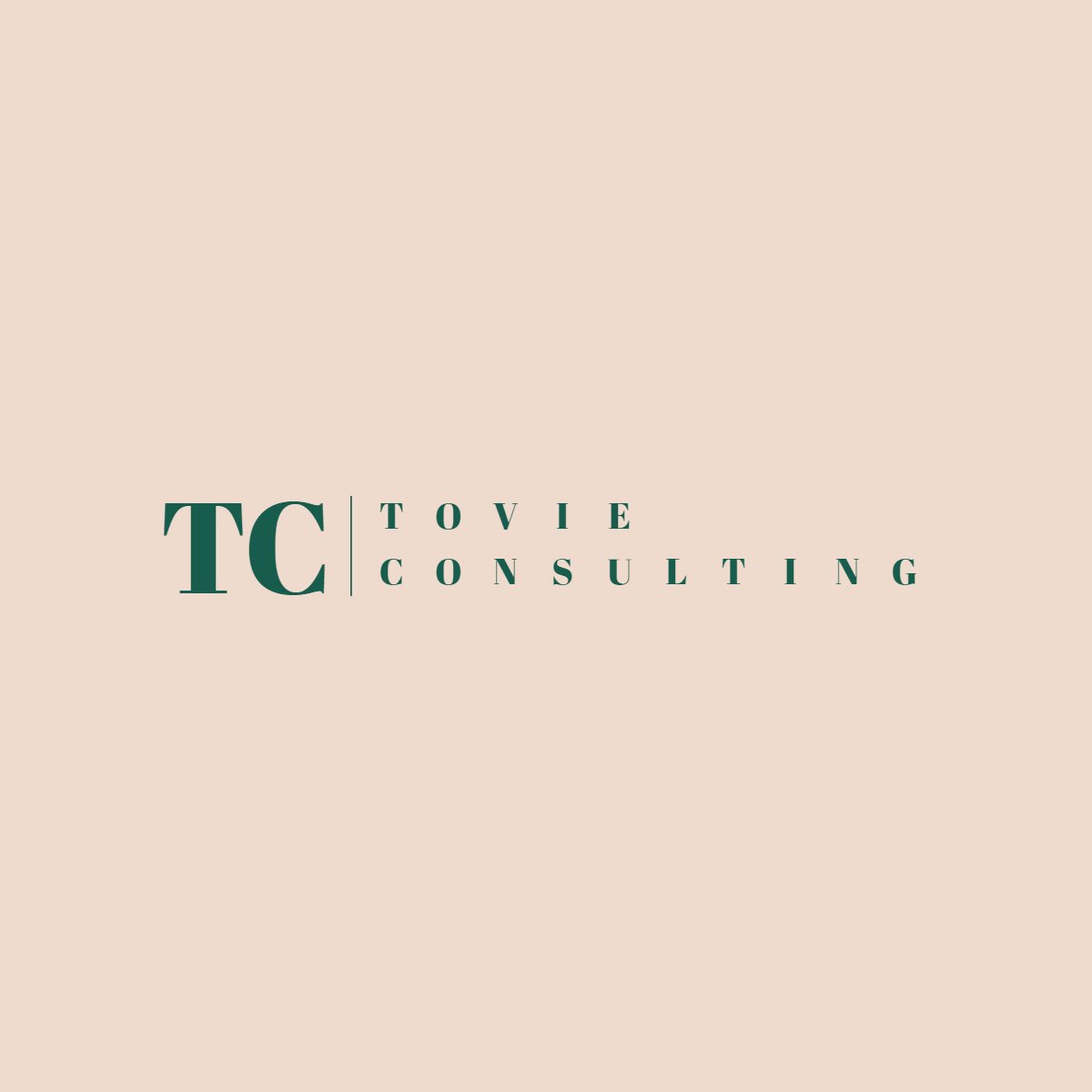Career Transitions: Navigating Change for Professional Growth
Career transitions have become more common in a rapidly evolving job market as professionals seek new opportunities and growth. Navigating a successful career transition requires careful planning and strategic decision-making. Here are some key insights and practical tips to help professionals navigate change and achieve professional growth:
Assess Your Career Satisfaction: Take a moment to reflect on your current job and assess your overall satisfaction. Are you feeling fulfilled, challenged, and aligned with your goals? If not, it may indicate that a career transition is necessary to achieve professional growth and personal fulfillment.
Identify Transferable Skills: Evaluate your skills, experiences, and accomplishments in your current role. Identify the transferable skills that can be leveraged in a new industry or job role. Highlight these skills in your resume and cover letter to demonstrate your adaptability and value to potential employers.
Research Target Industries: Explore different industries and job markets that align with your interests and long-term goals. Understand the skills and qualifications required in those industries, and identify any gaps in your current skill set. Researching target industries will help you make informed decisions and tailor your career transition strategy accordingly.
Expand Your Network: Building a robust professional network is crucial during a career transition. Attend industry events, join online communities, and connect with professionals in your desired field. Engage in informational interviews to gain insights into the industry, job roles, and potential career paths. Networking can lead to valuable connections, mentorship opportunities, and job referrals.
Gain New Skills and Knowledge: Identify the skills and knowledge needed for your target industry or job role. Invest in professional development opportunities such as courses, certifications, or workshops to acquire the necessary skills. Consider volunteering or freelancing to gain practical experience and demonstrate your commitment to the new career path.
Seek Guidance and Support: Career transitions can be overwhelming, so seek guidance from career coaches, mentors, or support groups. They can provide valuable advice, insights, and emotional support during the transition process. Their expertise and experiences can help you navigate challenges and make informed decisions.
Be Flexible and Open-Minded: Embrace flexibility and open-mindedness throughout your career transition. Be willing to consider different job titles, industries, or work arrangements that may offer unexpected growth opportunities. Embracing change and staying adaptable will increase your chances of finding the right fit for your professional growth.
Update Your Professional Branding: Update your resume, LinkedIn profile, and other professional branding materials to align with your new career goals. Highlight relevant experiences, skills, and accomplishments that showcase your potential value to employers in the target industry. Tailor your messaging to appeal to your desired audience.
Remember, a career transition is a process that requires time, effort, and resilience. By adopting a proactive approach, leveraging transferable skills, expanding your network, and investing in learning, you can successfully navigate a career transition and achieve professional growth in a new field. Stay focused, remain adaptable, and embrace the opportunities that lie ahead on your journey to a more fulfilling and rewarding career.
Embarking on a career transition? Need personalized guidance and support? 🤝 Take your career switch to the next level with our expert career management consulting services. Book a consultation today to receive tailored advice and strategies for a smooth and successful switch. Let's make your career dreams a reality! 💼✨

